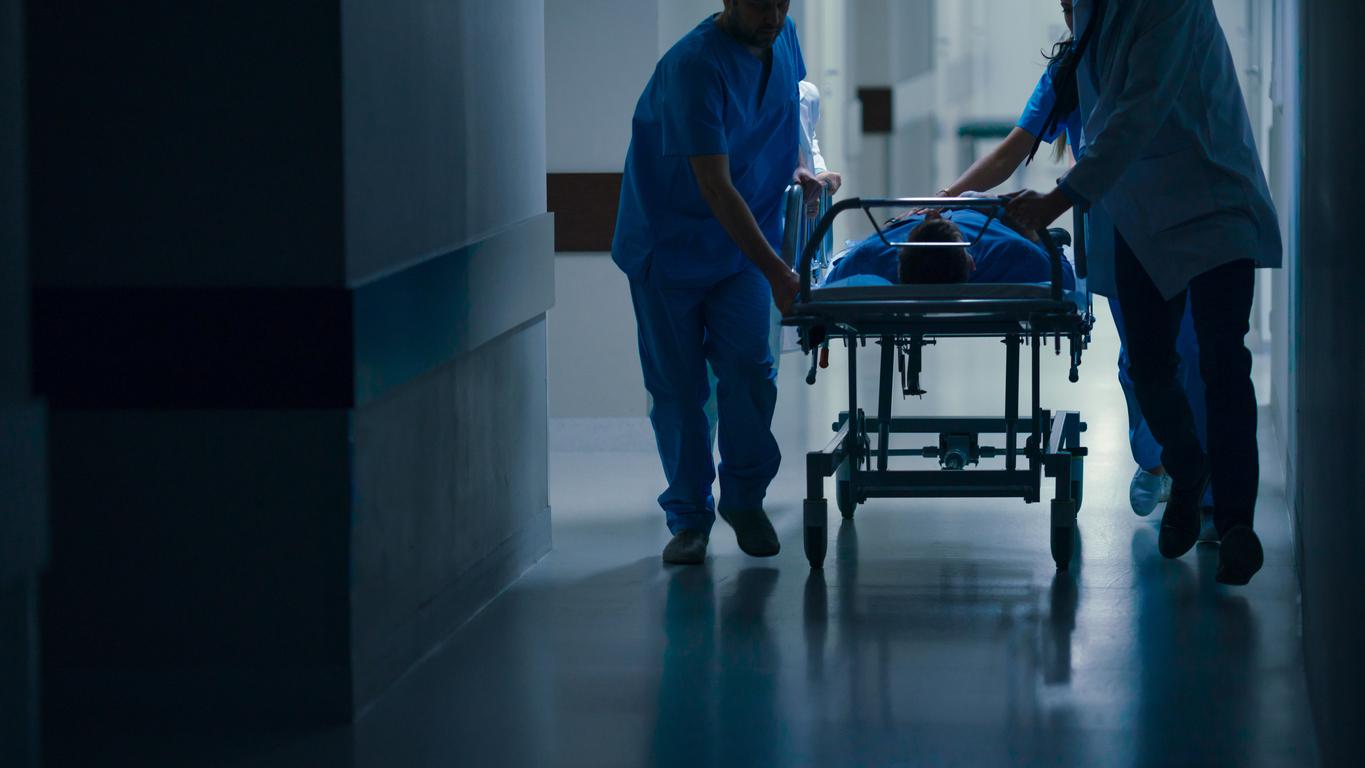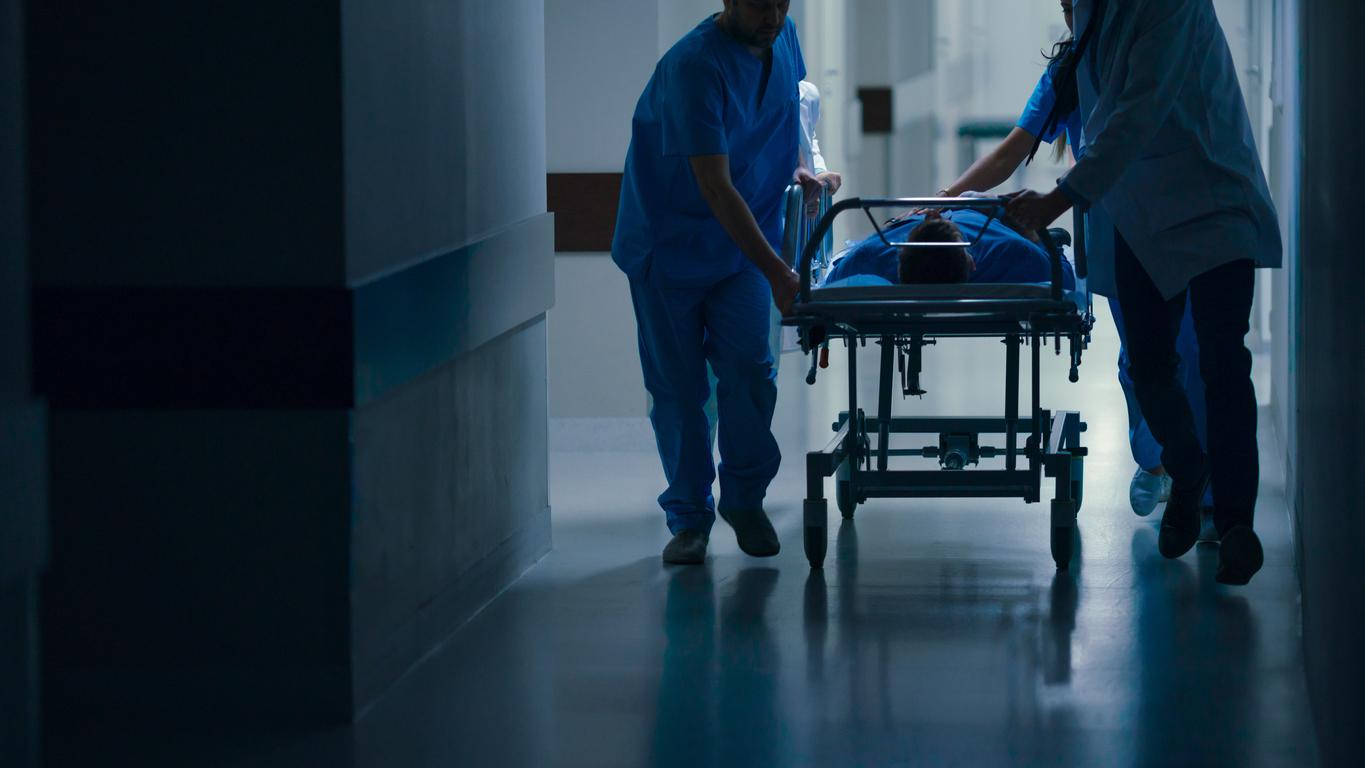
Six useful tips to avoid any risk
Of course you are in the hospital to get out of it as soon as possible – and completely better. You can also help with that yourself. Six useful tips to avoid any risk.
Year of publication:
1. Avoid the hospital on the weekend
Fact: the risk of unsafe situations is greater during the weekend and in the evening, according to research by the Health Care Inspectorate. On weekends there are less qualified people and staff more often suffer from sleep deprivation.
Risk: The later in the week the surgery falls, the higher the risk. In England, people who have surgery on the weekend are 88 percent more likely to die within 30 days than those who go under the knife on Monday.
Solution: If you can choose, try to have surgery on Monday or Tuesday and be back home on the weekend.
2. Tell exactly which medicines you are taking
Fact: In the hospital, sometimes they have no idea what medicines you are taking. The wrong medicines are prescribed in hospitals all over the world. In a quarter of the cases, this is because doctors and the hospital pharmacist have incomplete or incorrect information about the medicines the patient is taking, figures show.
Risk: An increased chance that prescription drugs or treatments are dangerous when combined with the drugs you are taking. For example, a surgeon should know before surgery that you are taking blood thinners, as they increase the risk of bleeding.
Solution: obtain an up-to-date medication overview from your pharmacy before your hospitalization. Check and improve the overview together with the desk employee: delete what you do not use, adjust what you take less often or more often than the doctor prescribes, add over-the-counter medicines and tell them which medicines you buy at another pharmacy or on the internet. Give the complete medication overview to the doctor in the hospital. Even if he doesn’t ask for it.
3. Be the spider in your own healthcare web
Fact: When a patient sees several doctors for the same problem, it is not always clear who is coordinating the care. Most GPs feel that the hospital sends them information about patients who have been admitted late, and that this information is often incomplete and unclear.
Risk: GPs sometimes do not know what care is expected of them. And if none of the practitioners knows who’s coordinating your care, they’re more likely to think that one of the others is watching to make sure everything is going well.
Solution: do not assume that the different care providers have already informed each other. Ask who is coordinating and give all your practitioners as much information as possible.
4. Don’t be big
Fact: Two-thirds of patients in a hospital are in pain. Half of cancer patients with pain receive too little pain relief.
Risk: Badly treated, acute pain can lead to serious medical complications, such as pneumonia or thrombosis. It can delay healing and lead to chronic pain later on.
Solution: Tell the nurse and doctor that you are in pain, even if no one asks. Also tell us if your pain gets worse and discuss the approach. If you don’t want painkillers, distraction (such as watching TV), better position in bed, or a relaxing massage can bring relief.
5. Going home? Ask for information first
Fact: The majority of over-65s discharged from hospital after surgery feel under-informed. 31 percent of them say they do not receive information about what they should and should not do at home after discharge from hospital.
Risk: that people who are discharged from the hospital will still have complications. Canadian research shows that this happens in a quarter of the cases. Half of these complications could have been avoided, for example through earlier contact with a doctor or better informing the patient.
Solution: ask for clear information on paper. Is it missing? Then write everything down. Names, instructions, do’s and don’ts at home and who to call if you have any questions or pain. Continue to ask for descriptions such as ‘take it easy’ and ‘light activities’. What does that mean? You can also ask if you can record the dismissal interview, for example with your smartphone.
6. Engage others
Suzanne Geerlings, internist at the AMC: “People are discharged from hospital much earlier than in the past; that often happens to her. But these days you just have to recover at home. The hospital is only there for acute care. This is quite difficult for single people or people with an older partner. Therefore, arrange your aftercare before you are admitted to hospital. For example, someone who does your shopping, cooks food and cleans for you the first time you return home.”
Sources):
- Plus Magazine















